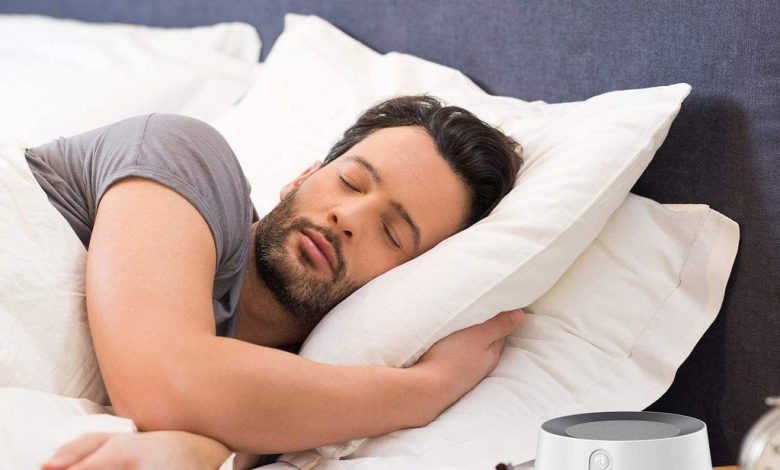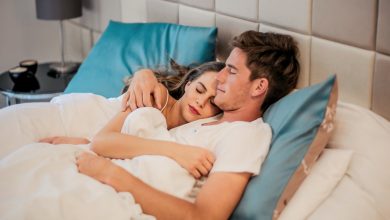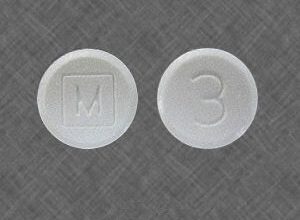You can’t get anywhere without sleep.
Whether you’re packing for a family vacation or getting ready for a work trip, getting adequate sleep is one of the most important things for any traveler to remember to bring. Even while it can seem like a given, it sometimes doesn’t get the importance in travel that it deserves. Which Blue Zopiclone may be used to treat.
If you don’t make getting enough sleep while travelling a priority, this essay is for you and your sleep.
Why is sleep such a must while travelling?
The inconveniences of travelling include things like long lines, cancelled flights, missed connections, changes in diet and exercise habits, and missing baggage, to name a few. Even while obtaining a good night’s won’t prevent any of these accidents, it might make it easier for you to cope with the unavoidable when it happens.
Unfortunately, a lot of us don’t get enough sleep before we go on our trips. No matter how late you were up packing the night before or how early you left, if you don’t get enough before your trip, you may not enjoy it as much, learn as much, or do as well in general.
Additionally, the essential high level of physical and mental performance when travelling for business may prove to be more challenging than necessary if you don’t priorities getting enough sleep. By being more effective, focused, capable of problem-solving, and at your best when sleep comes first, you may increase your “travel competence.”
Without a question, travel disrupts our everyday routines. Every traveler may encounter innate sleep issues, such as:
devices with blue lights Wake and are affected by noise, pillows, a lack of exercise, poor time management, and loud and unsettling hotel accommodations. late-night dinners and beverages, as well as early take-off’s and late landings.
Traveling might make it difficult to get adequate sleep, but there are ways to manage and decrease these challenges, such as smart packing.
Many of us already know that we typically sleep poorly when traveler, particularly on the first night. When we spend our first night in a new location, we experience what is known as the “first-night effect.” Our brains often rouse us up from sleep around this period.
Do not start off incorrectly. Get a good night’s sleep the night before your trip so that you are not fatigued when you arrive. To decrease some of the negative symptoms of jet lag, get plenty of rest before your trip.
Make a priority throughout the day. Be careful not to overbook oneself..
Mobile Sleeping:
Wear layers of cozy, loose-fitting clothes for every leg of your travel to prepare for the weather and for your comfort.
Quality, not quantity:
Don’t sacrifice sleep in order to do more throughout the day. Your waking hours’ quality is more significant than their quantity.
Get used to it:
In order to give yourself time to recover and adjust during the first few days of your vacation, try to add an additional day or two to allow for the time zone difference.
Take a stroll:
Pack a pair of tennis shoes so you can exercise throughout the day. Exercise helps you get the greatest possible sleep.
Joke it off:
Get some natural light throughout the day to help you maintain your body’s regular sleep and wake cycle.
Bedtime rituals:
You’ll find it simpler to transition from being awake to sleeping if you stick to your nightly pattern, which is particularly useful when you’re in unfamiliar settings.
Cheers
After midnight, stay away from alcohol since it might be hard to go to sleep and remain asleep.
Request a room away from the ice maker, ballroom, nightclub, bar, or restaurant when making a hotel reservation.
Get up:
Make sure the alarm isn’t set to go off when you don’t want it to by checking the clock in the room. Zopifresh 7.5 mg might help you relax and better.
Rest:
Driving, making a speech, or doing any other activity that requires enough rest before reaching your destination.
For whatever purpose, sleep is the perfect travelling companion. Getting adequate sleep is one of your immune system’s greatest friends since it lowers your stress levels and enhances your mood, perspective, performance, safety, and memory.






